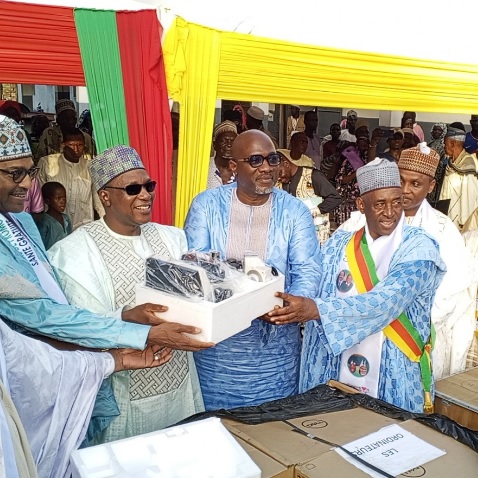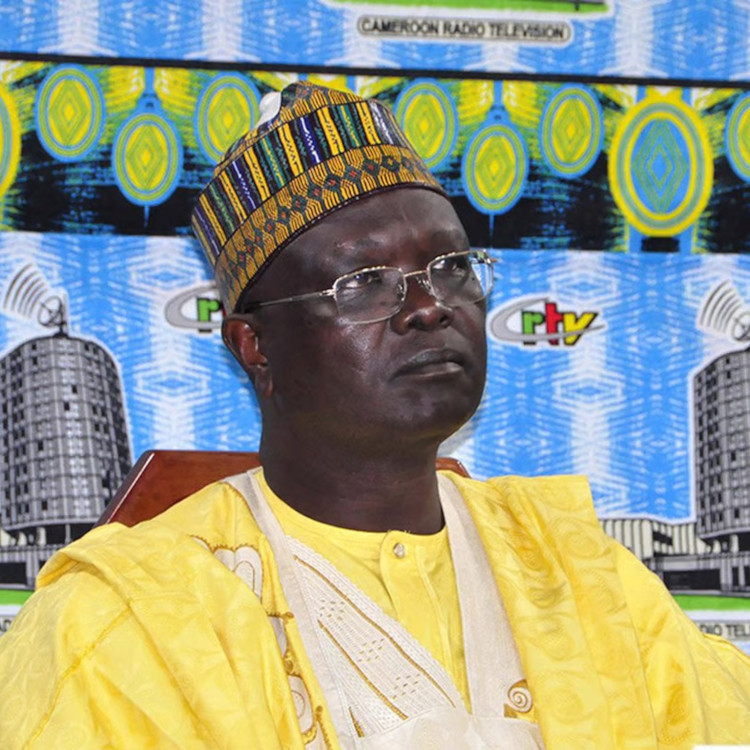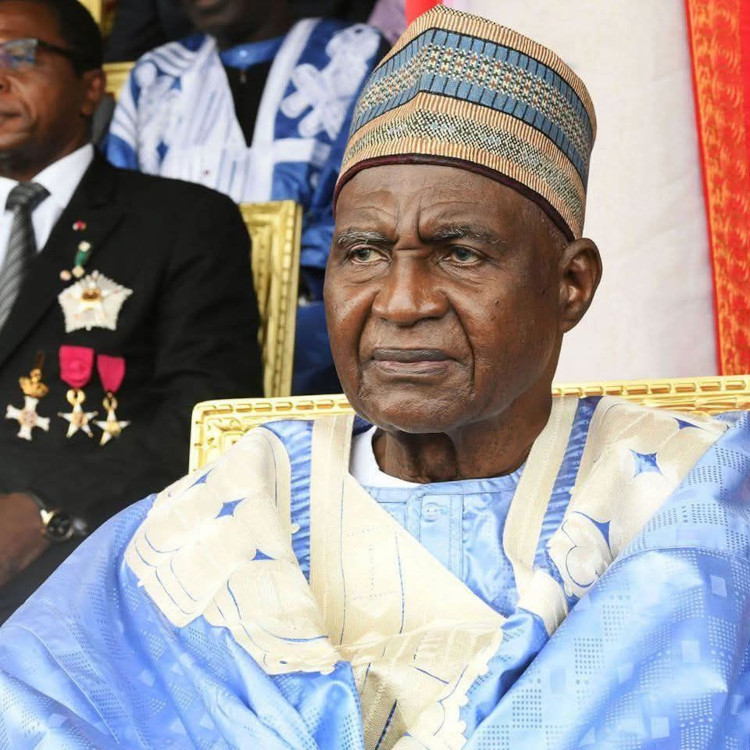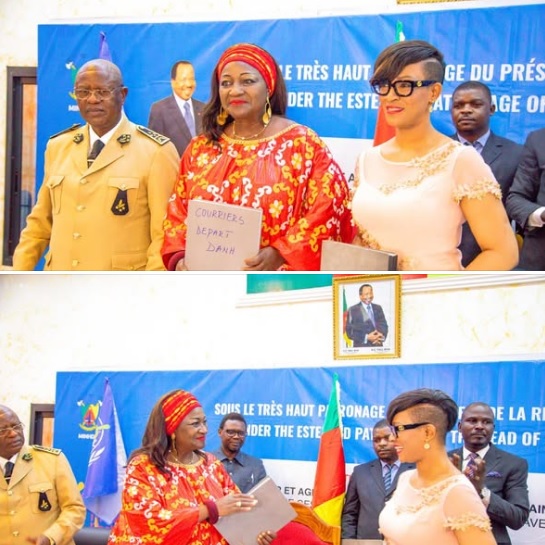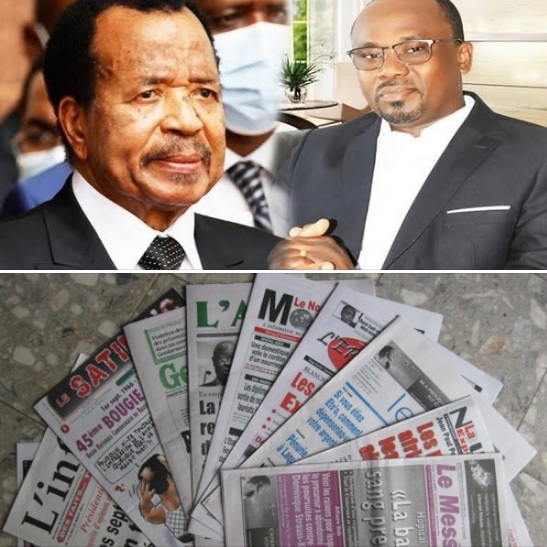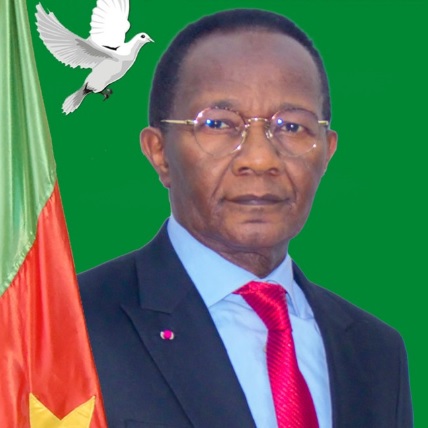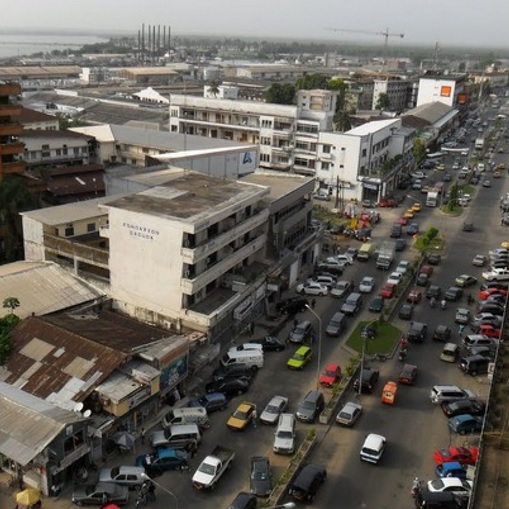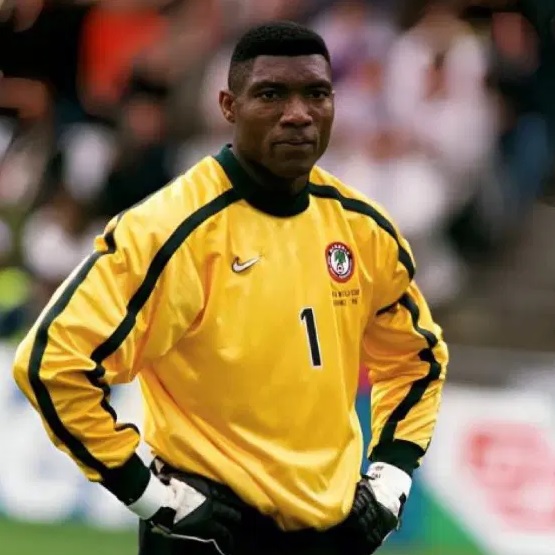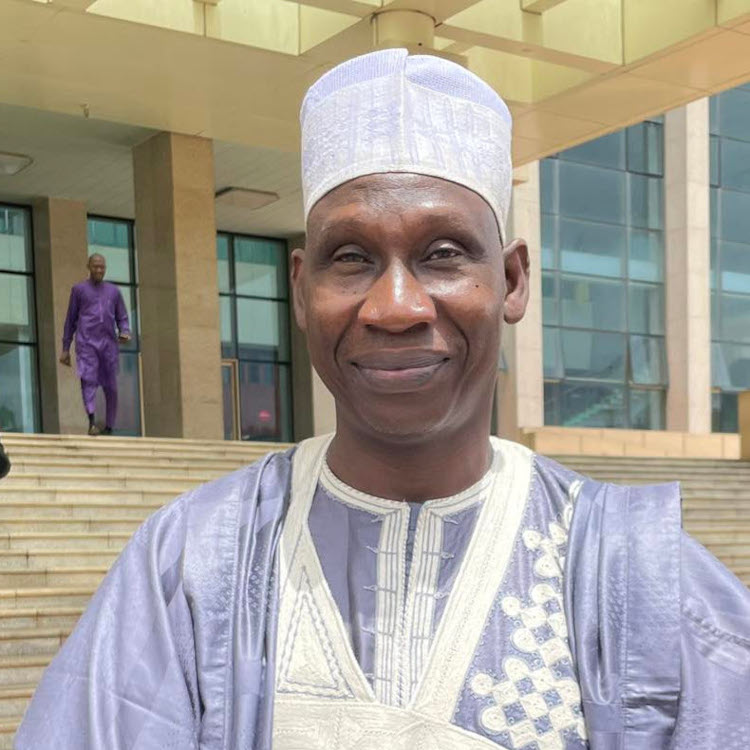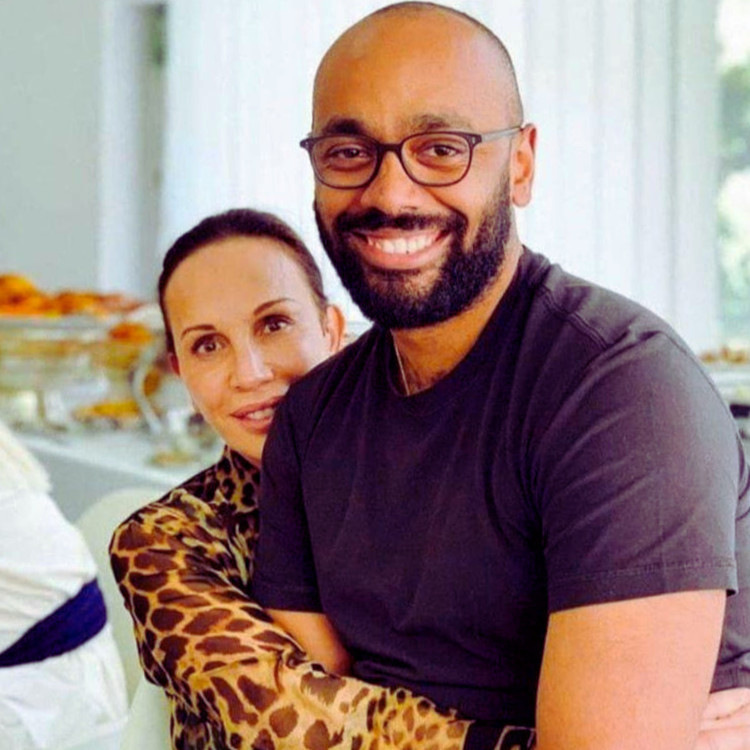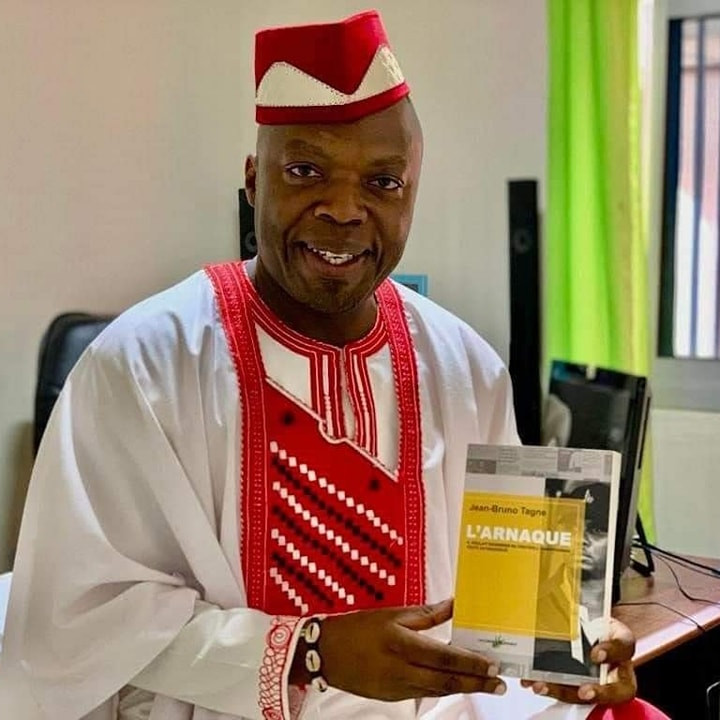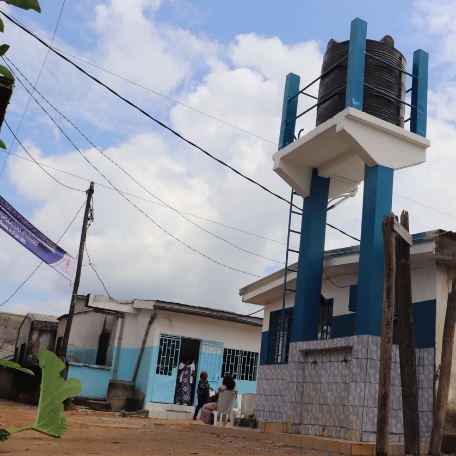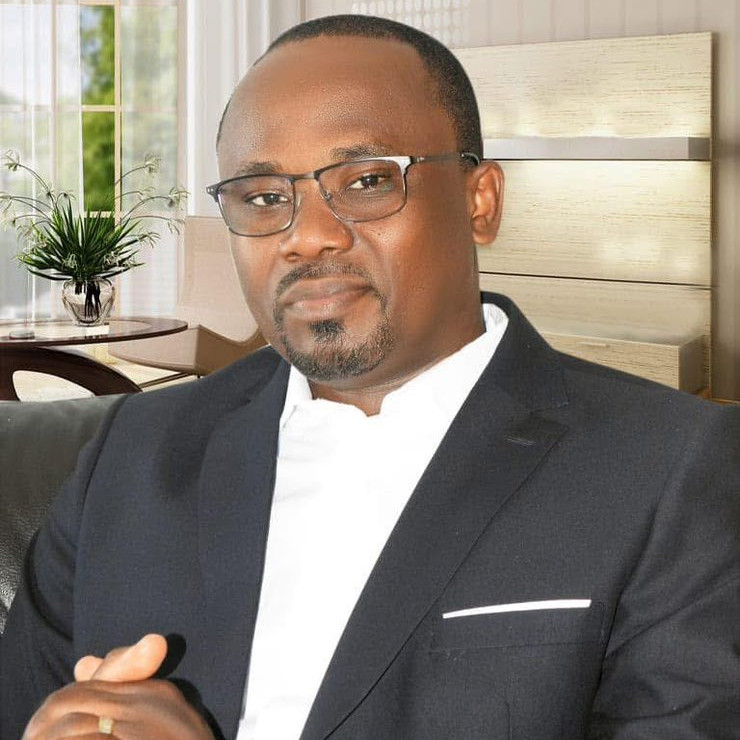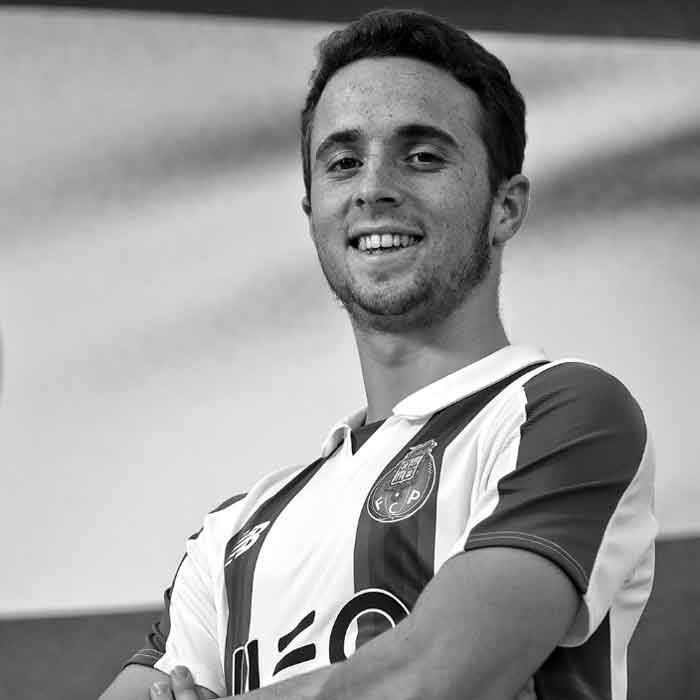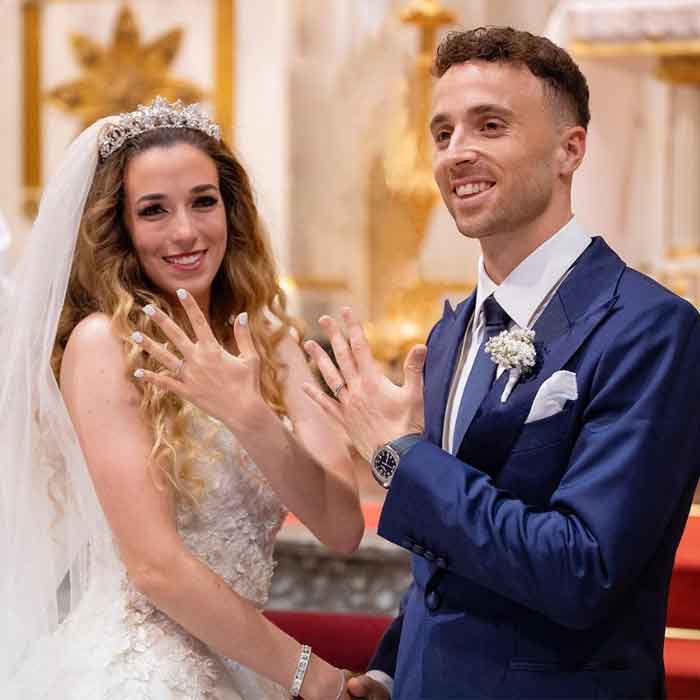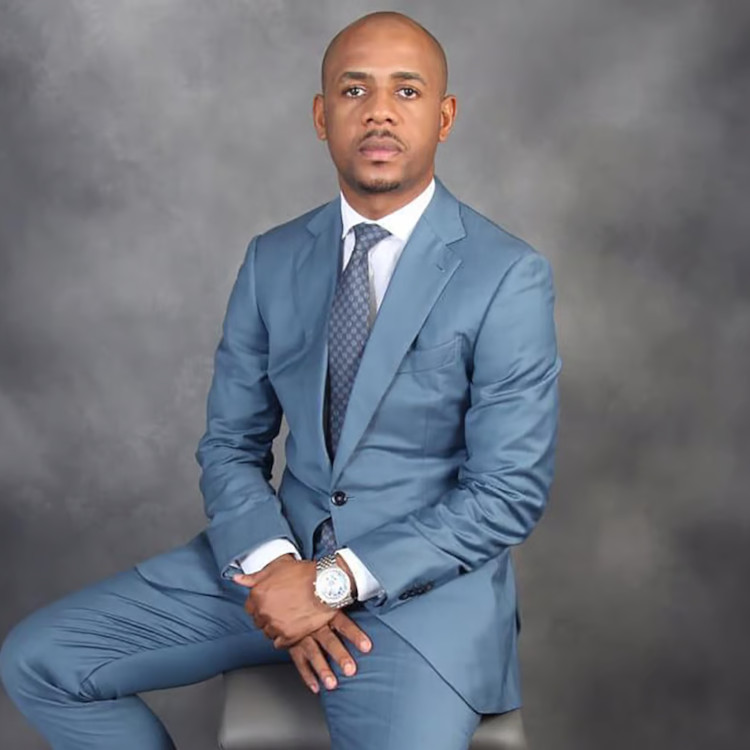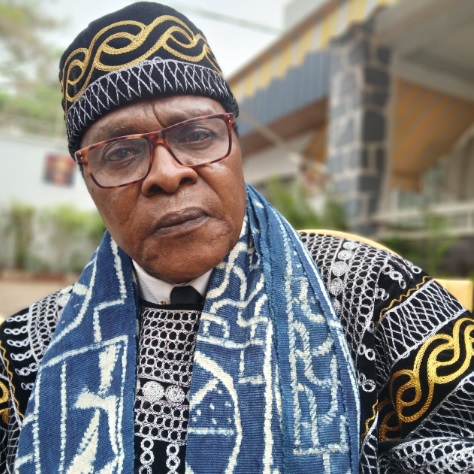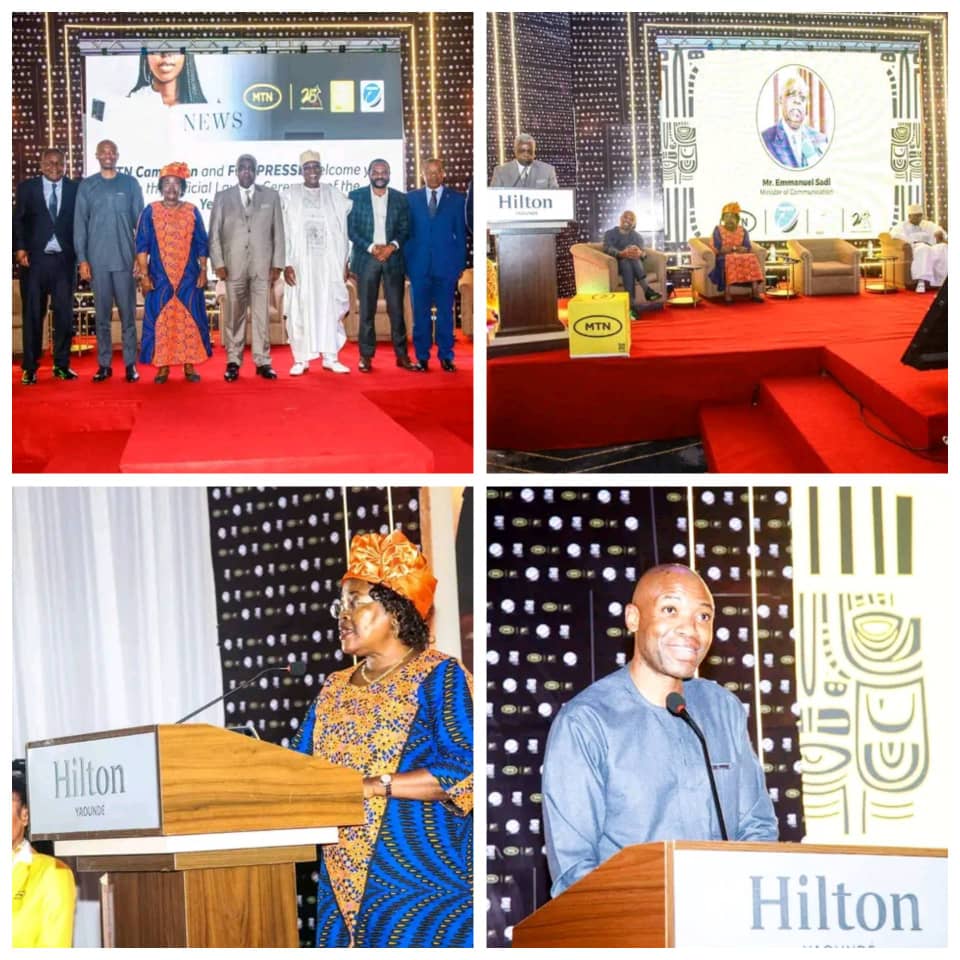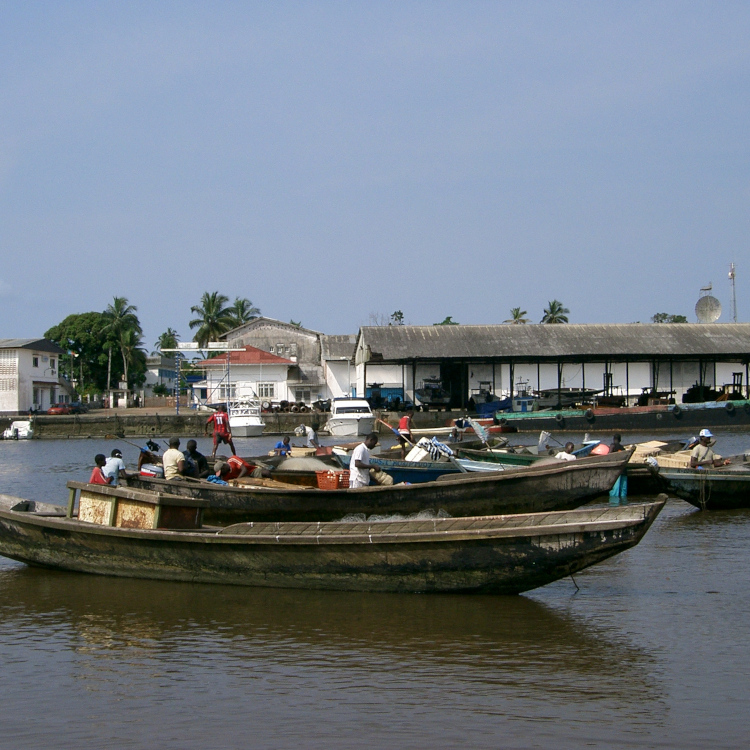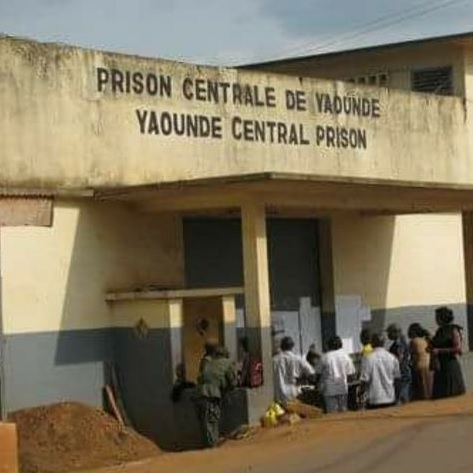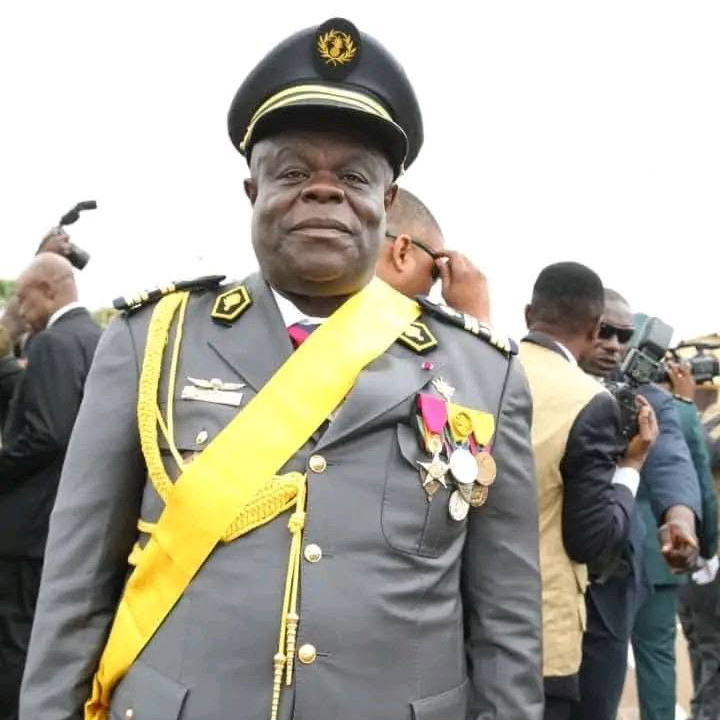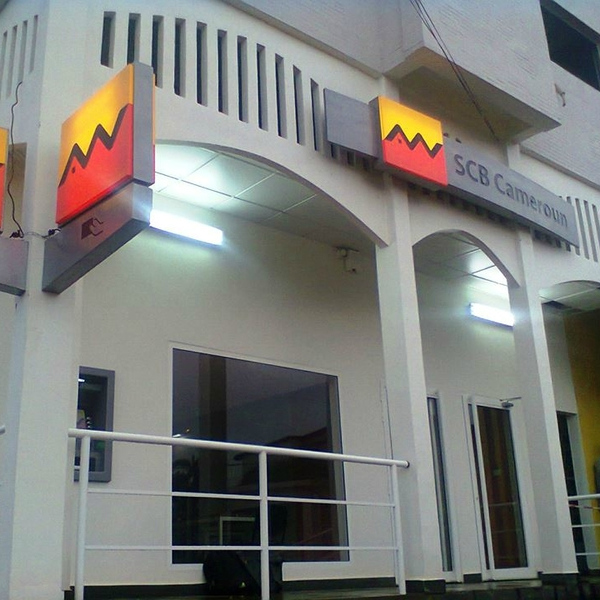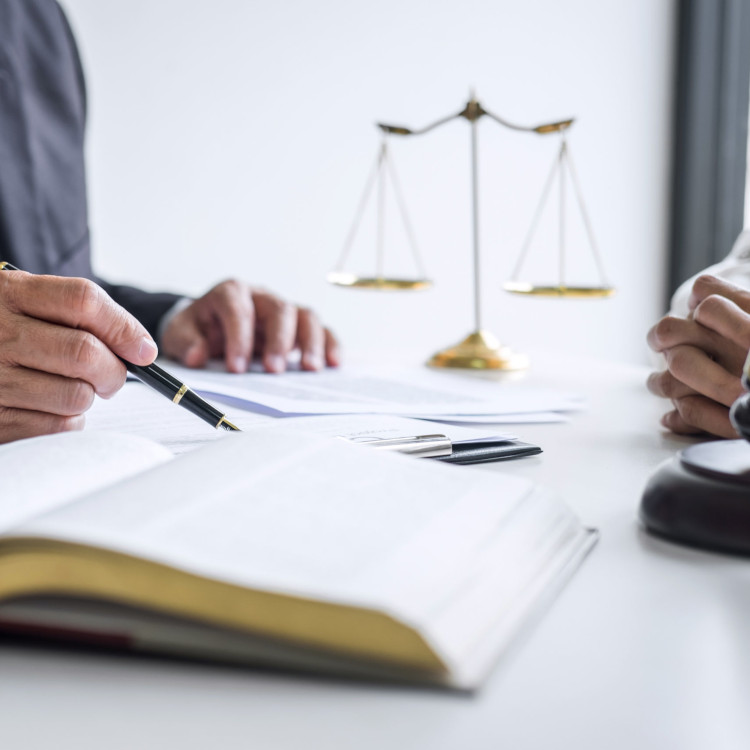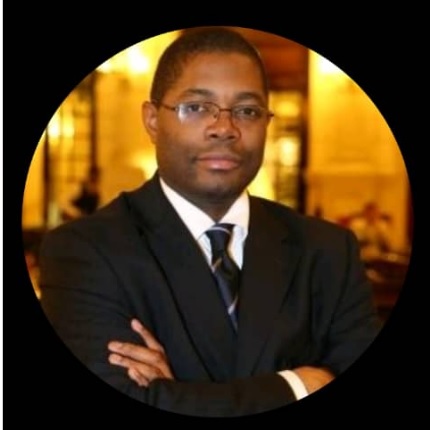

-
© Contributor : Olivier Tchouaffe, PhD, Spokesman Of The CL2P
- 24 Dec 2017 20:30:32
- |
- 8229
- |
CAMEROUN :: Cameroon: Note on the Collective for the Release of Patrice Nganang's inaugural press conference
The Collective takes place against the backdrop of a long and rich tradition of struggle and internal conflict among Cameroonian intellectuals and activists regarding the quality and form that resistance to the Biya’s regime should take.
Joel Didier Engo, president of the CL2P situates his work within a radical tradition inspired by Dr Martin Luther King and encouraged a form of struggle untainted by tribalism, political partisanship and personalized ad hominem attack politics which consist of arguing with people rather than ideas which is incredibly corrosive. From the beginning, Engo criticizes the sort of reductionist thinking saying that it *isn’t* just – or even primarily – an act of “outrage” against Paul Biya so much as a fight against the injustice of the powerful preying on the weak. To its credit, the collective emphasizes a refusal to construe its fight against all oppression into the narrow argument of being for or against the Biya’s regime. It gives the Collective a strong sense of purpose on a very deep level and their strong understanding of solidarity.
Thus, Crepin Nyamsi of Code France emphasizes that a real debate is needed because it sharpens collective analysis – bringing us closer to the tools we need to achieve liberation.
Abdel Aziz Mounde emphasizes the legitimacy and social status of the engaged African writer and Nganang’s human right activism through his foundation Generation Change, Hence, once we inhabit the space of the social critic – and, in truth, there is a little bit of a social critic in all of us – we cannot simply abandon debate when it has become intense. Nor should we allow others, seeking to foment division for their own ends, co-opt the conversation like sewage duelers, when they look up and see anything in the swamp or above it, they drag them into their sewage with no way out.
Mounde blames the rise of hysteria and lynching that is replacing a long tradition of Cameroonian’s intellectual tradition citing professor Nlep, Charlie Gabriel Mbock, Augustin Kontchou, Mono Ndzana, Mongo Beti, and Celestin Monga. The culture we have created today is one where debates fall into call-out tropes; where we silo our conversations to social media. While this is an incredible tool, can we facilitate healthy debate off social media? Do we have the interest, ability, patience and compassion to have face-to-face conversations? Social media is not the only space we should rely on.
Dr. Nyamsi adds that dictatorship, patriarchy and paternalism are inherently parasitic. The Cameroonian’s leadership is failing the country. The collective highlights how out of touch the Cameroonian’s regime is with the country and the communities they claim to represent. Indeed, no Cameroonian president will be perfect because they inherit an inherently flawed neocolonial system of government that demands exploitation and violence. Unless there’s radical systemic overhaul, expecting progressive politics to be feasibly championed by these institutions is a pipe dream. As Patrice Nganang points out the Biya’s regime fell short, it perpetuates a neocolonial state that still oppresses its minorities and wages war against so-called political opponents. Hence, we will never be human within these systems. We’re not here to perform for their gaze. We’re here to be fully human to ourselves, fully accountable to each other.
It is great to see how Cameroonian civic right leaders such as The Nganang’s collective refuses the politics of victimization and militates for equality for all and moves forward with fortitude against any odds that confront all of us. This is important in a country where good talented people are indoctrinated into believing themselves as non-achievers, victims, and somehow less worthy citizens. As with Patrice Nganang, the Collective signals a passing of the torch from the generation that was willing to compromise to get along but has no direction with a new generation that stuck to its principles at all costs.
Therefore, a lesson for those who are hysterically criticizing Nganang, instead of the dictators Biya, his minions and their apologists. Hence, we must focus on your opponents, not on your friends. Nganang is a great writer and human right activist whose contribution to educating younger men and women deserves not to be shamed, hectored, or insulted.
Lire aussi dans la rubrique SOCIETE
Les + récents
Dr Bakoa Tonny Serge : une figure inspirante pour redorer le blason de l’Avocat camerounais
Promotion de la santé universelle avec Africa Global Logistics dans l’Extrême Nord du Cameroun
Amadou Vamoulke: « Cameroun : C’est mort »
Crise politique au Cameroun : échec des négociations entre l'UNDP de Maigari et le gouvernement
Architecture d’intérieur : le Minhdu et la Cassid scellent un partenariat de collaboration
SOCIETE :: les + lus
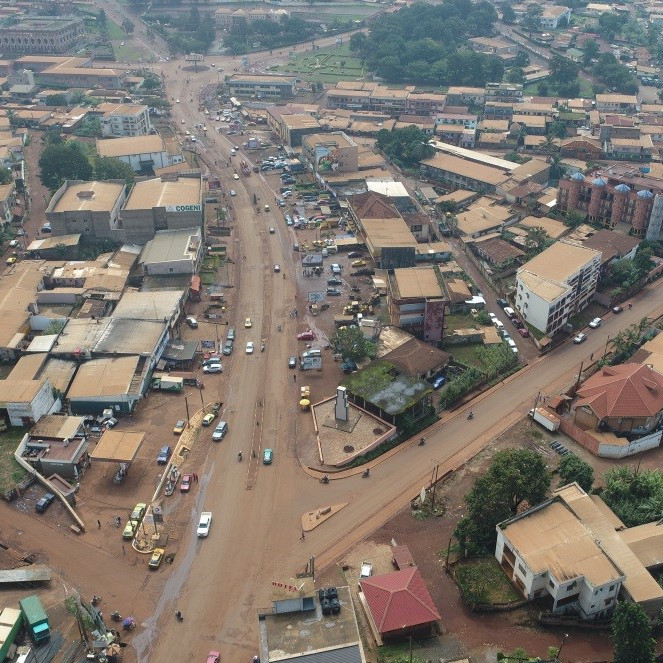
26 élèves surpris en train de tourner un film osé à Bafoussam
- 30 April 2015
- /
- 1008366

Brenda biya sème la terreur en boîte de nuit à Yaoundé
- 15 July 2015
- /
- 547100

Menacée de mort par sa famille car elle est lesbienne
- 03 March 2016
- /
- 433898

Oyom-Abang : une femme marche nue à Yaoundé VII
- 09 July 2015
- /
- 383672

LE DéBAT
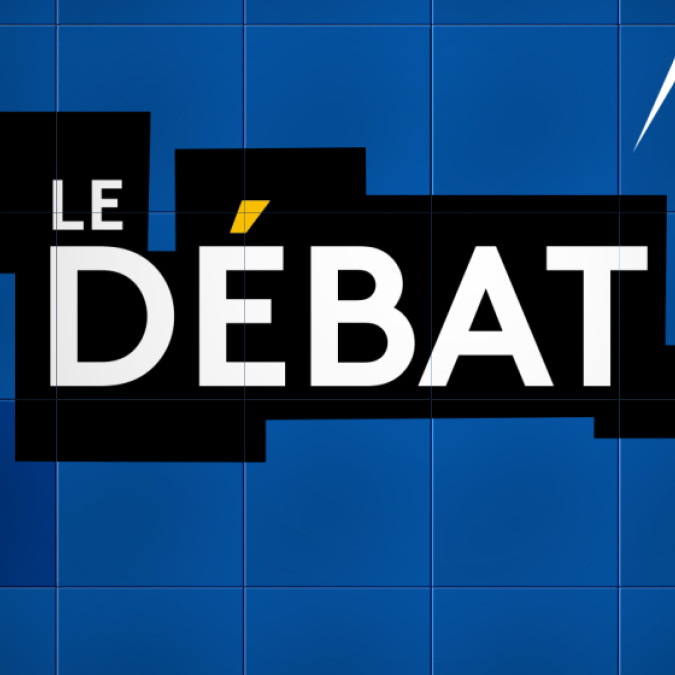



Afrique : Quel droit à l'image pour les défunts au Cameroun ?
- 17 December 2017
- /
- 200893

Vidéo de la semaine
évènement


